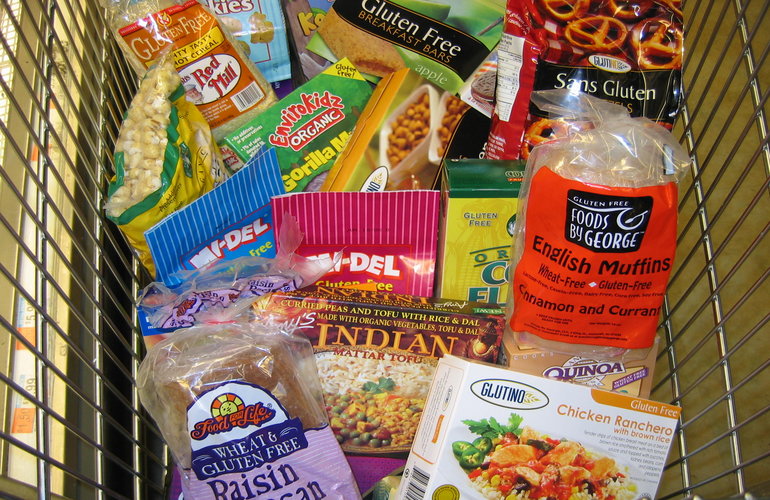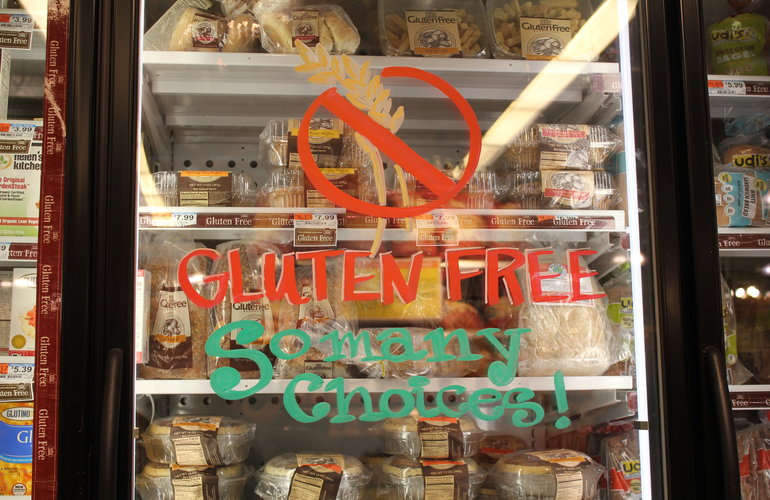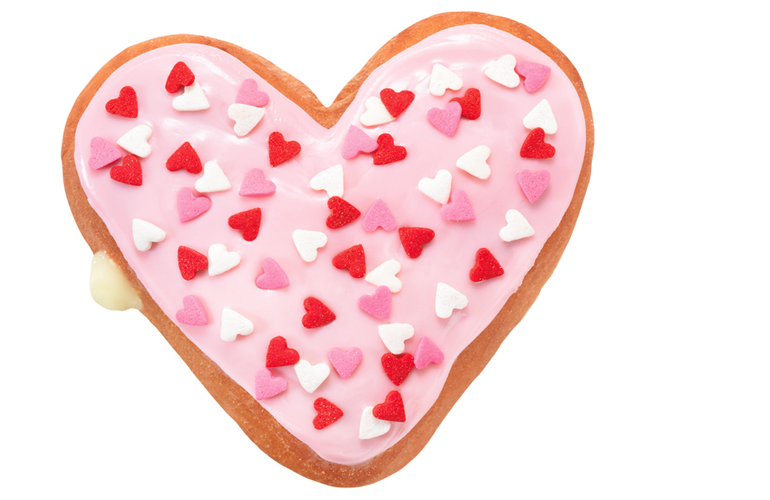What the heck is it?
Gluten is a protein found in many grains including wheat, rye and barley. Its elasticity is why we love the chewiness of bagels, obsess over those Dominos cinnamon sticks and have a general obsession with doughy bread. It is not a coincidence that the word gluten sounds so much like glue. Gluten is what holds together pasta and our favorite baked goods.

Photo from www.gluteninspector.com
The most recent fad:
Just in case you haven’t noticed, juice cleanses are out and going “gluten-free” is in. Miley Cyrus, Gwenyth Paltrow, Lady Gaga, Drew Brees and many more celebrities have adopted the increasingly popular “gluten-free” diet. And if Miranda Kerr is doing it too then I want to also, right? Going “gluten-free” started with people who have Celiac disease, which poses the question, why do we want to mimic those with such an unfriendly sounding condition? Well, apparently, we do. A poll conducted by the market-research company, The NPD Group, found that 30 percept of adults said they wanted to, “cut down or be free of gluten.” This is a ridiculously high percentage of people to have a common goal.

Photo from www.cookbakenibble.com
But does it work…
As a fervent Whole Foods enthusiast, I tend to support any health trend that they do. However, blindly following may have its consequences. Although people negatively associate gluten with the sinful c-word, carbs, many products that contain gluten are also a good source of fiber, vitamins and minerals. Gluten-free products are often made with refined grains, which lack essential nutrients such as iron, calcium, vitamin B12, phosphorus and zinc. The other slippery slope is that people who go “gluten-free” will often substitute these foods with other empty-calorie, high-glycemic foods such as ice cream and chocolate.
Be smart about it
On the positive side, avoiding gluten will help you curb your diet of excess carbs. However, make sure to replace these foods with healthy alternatives such as quinoa, rice, fruits and vegetables. Remember to always maintain a well-balanced diet, because surpluses of foods, even your veggies, get sent straight to your body’s storage units, fat cells.
Moral of the story: going “gluten-free” is not the answer to all your health problems, but replacing gluten it with other nutritious grains just might be.

Photo from www.pinterest.com
Your crush might reject you but a donut never will.

